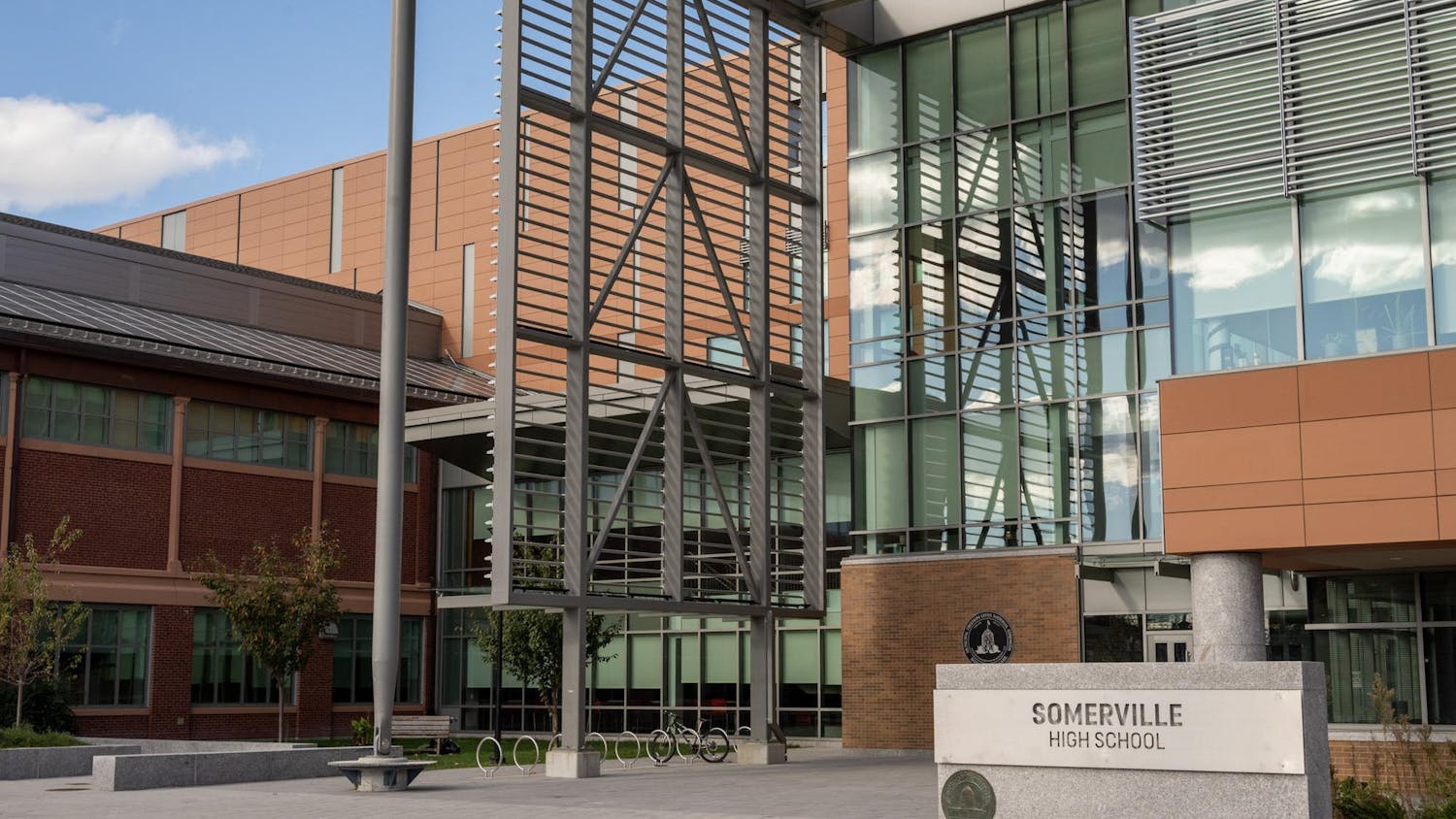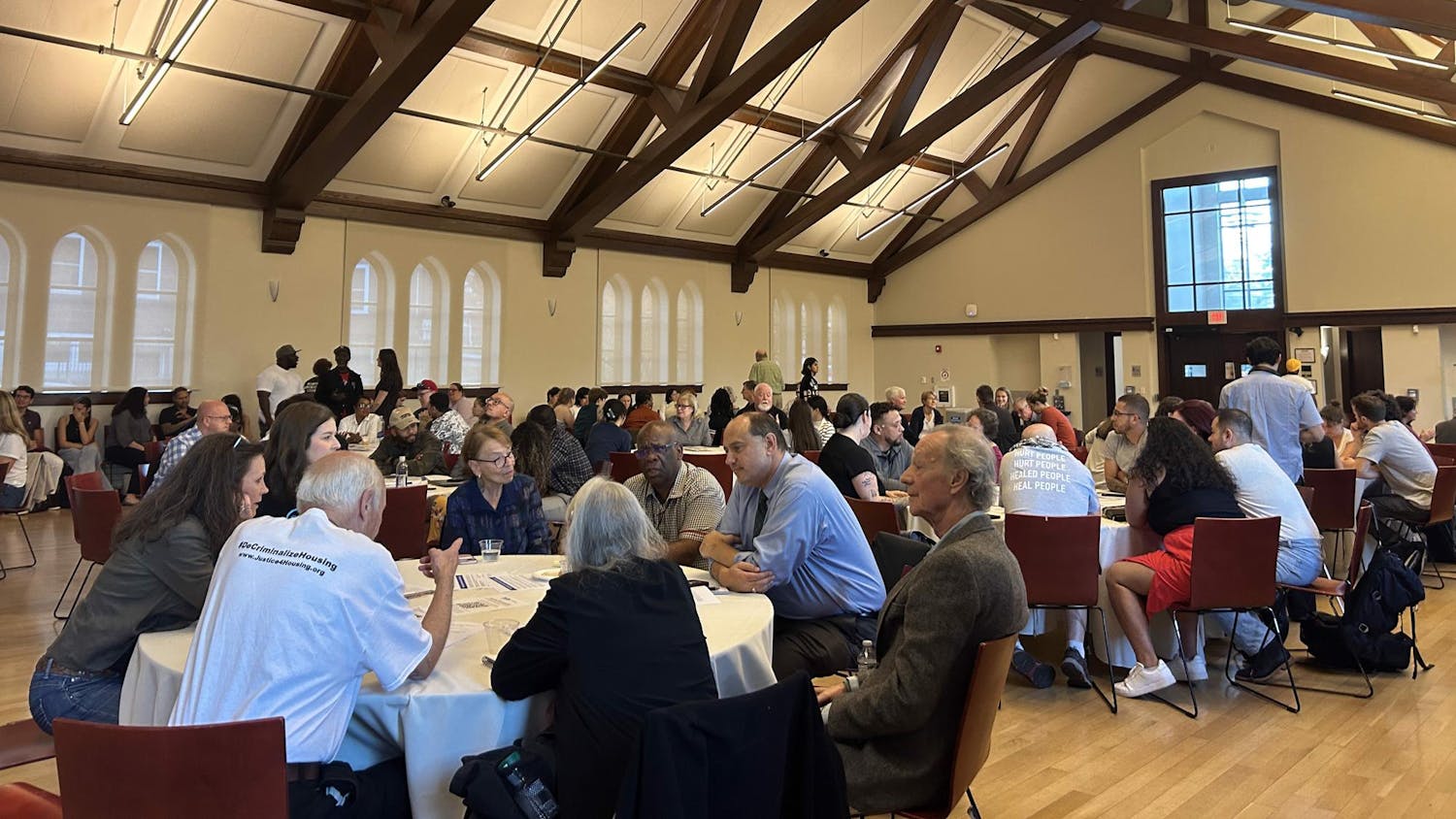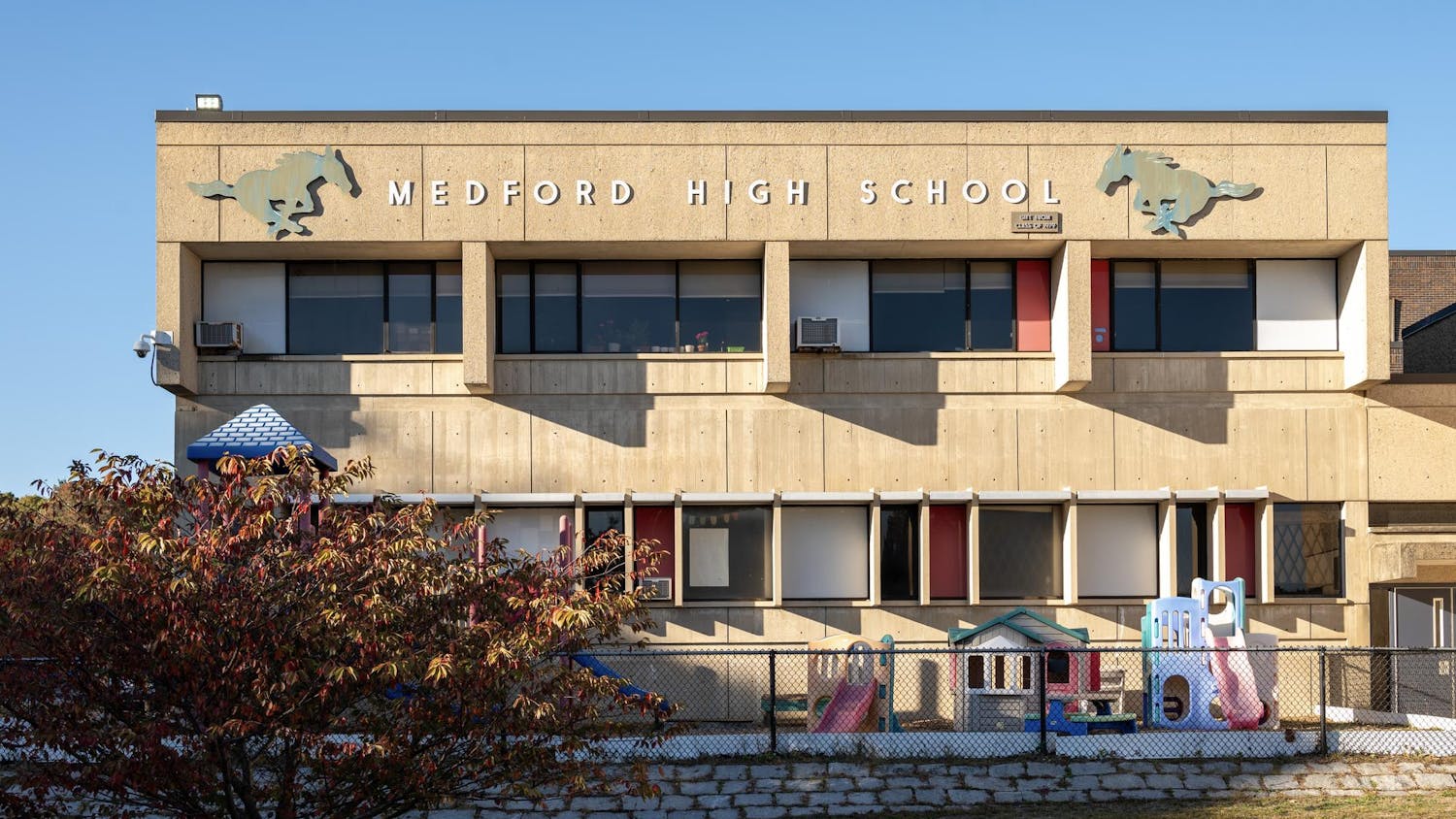As the Task Force on Freedom of Expression prepares to submit its final report to University President Lawrence Bacow next month, Chair Jeswald Salacuse spoke to the Tufts Community Union (TCU) Senate yesterday about his committee's work.
"It is not legislation; it is a statement of principle, and [Bacow] is of course free to do whatever he wants with that statement once he receives it," Salacuse told the Senate.
The task force released its first public draft last month on its Web site and requested input and inquiries from members of the Tufts community.
Responding to criticisms that last month's version offered only vague thoughts on how to combat offensive or discriminatory speech on campus, Salacuse clarified that the task force simply aims to provide a "framework of principles" that is flexible enough to adapt to a variety of situations.
"There's no one fundamental answer that's going to work for the next five years, for the next 50 years," said Salacuse, a professor at the Fletcher School of Law and Diplomacy. "It's a process."
Senator Toby Bonthrone, a senior and co-chair of the Senate's Culture, Ethnicity and Community Affairs Committee, said the task force's draft was too vague.
Describing the statement as taking a "middle-of-the-road approach," Bonthrone said the draft lacked a concrete course of action for dealing with divisive issues in the future.
"It says everything and nothing. It doesn't seem to prescribe anything," he said in an interview before last night's meeting.
After Salacuse spoke, the Senate passed a resolution, 21-1 with two abstentions, endorsing the draft declaration's "non-prescriptive" language and charging the administration with "the responsibility of maintaining vigorous debate within the Tufts community while understanding the rights of individuals to be free from harassment."
The task force has received about 50 comments on its Web site from faculty, alumni and students from Tufts' three campuses, according to Salacuse. The deadline for submitting comments is Friday.
"There were some very thoughtful suggestions made," Salacuse told the Daily. "It's not to say that every view will be embodied in the agreement. We're looking for a sense of consensus."
The committee plans to hold several meetings in the coming weeks and review the draft in light of the comments it receives. It will then redraft the declaration and offer a final proposal to Bacow in November along with a report that elaborates on the statement's language.
In general, Salacuse finds students to be supportive of the approach the committee has taken.
Senator Ryan Heman, a sophomore and the other co-chair of the Culture, Ethnicity and Community Affairs Committee, was pleased with the task force's work.
"I am very happy with it," he said in an interview before last night's meeting. "It's not giving Bacow a go-ahead to institute a policy for or against freedom of expression but says there's a larger issue at hand of diversity on campus which needs to be addressed."
Last semester, the task force held a series of 22 meetings with community members across the university, according to Salacuse. Heman said last night's meeting seemed to line up with the committee's vision of incorporating input from across the community.
"[The meeting] is a way for the student body to directly communicate with the administration … and have more of our questions answered than can be answered by the declaration itself," Heman said.
The task force's main point of contention in drafting its statement involved balancing freedom of speech with protecting students from slanderous speech.
"That's the challenge — to have a statement that is meaningful, that strikes an appropriate balance between freedom of expression on the one hand and the right of individuals to not be subject to intimidation," Salacuse said. "We stress that this is a community and that there are certain community relationships that exist or ought to exist among us."
Salacuse said that the Task Force struggled with creating a broad statement yet one that was not too vague.
The university is preparing to reassess its policies on diversity in anticipation of a final draft from the task force. The committee's preliminary report states that current policy lacks helpful guidance in addressing issues of freedom of expression.
Bonthrone is developing a series of events similar to the fireside chats offered by the Institute for Global Leadership last year to discuss the prevailing issues of diversity on campus.
The events will be kept "as intimate as possible, where everyone can say how they feel," Bonthrone said. Bonthrone hopes the talks will give students a chance to learn from each other.
In addition, the Office of Institutional Diversity is reassessing its policies on harassment and related issues, policies the task force praised in its report.
Jacqueline Hymes, the Office of Institutional Diversity's director of equal opportunity and the chair of the policy assessment committee, declined to comment on the changes being discussed.
Bacow launched the task force in January in response to two controversial pieces printed in December 2006 and April 2007 in the Primary Source, Tufts' conservative student magazine.
Salacuse stressed that while the final statement will represent the task force's thoughts on how to approach freedom of expression, the body has no authority to make binding rules.
"We are making a recommendation. That's all. What the president does with it after we submit our report is really up to him," Salacuse said.
Jeremy White and Giovanni Russonello contributed reporting to this article.





